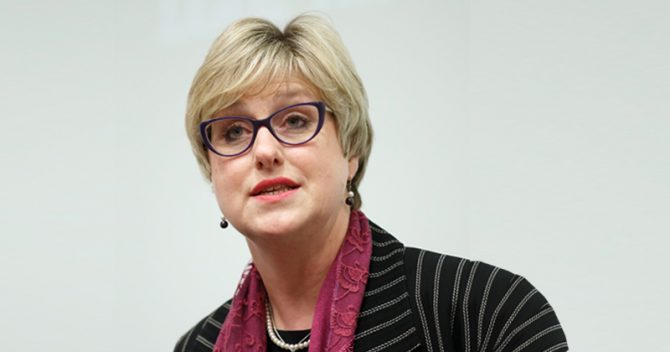Subcontractors account for more than 10 per cent of ESFA funding. They need overseeing properly, says Simon Ashworth
It was good to see the ESFA’s Peter Mucklow in edition 306 of FE Week confirming government recognition that subcontracting plays an important role and that there will be not be a complete ban on it.
Some interesting numbers were published as part of the ESFA’s consultation: 674 prime providers subcontract provision to 2,288 subcontractors. The total value of subcontracted provision is £484.5 million – or 10.6 per cent of total ESFA funding. These are big numbers, so it’s no wonder the regulators are keen to ensure appropriate oversight, quality and robustness of provision.
Unfortunately, the ESFA has yet again missed a trick
Unfortunately, the ESFA has yet again missed a trick – by failing to implement a cap on fees and charges which could address ‘profiteering’ from subcontracting. They make it clear, though, that they “do not expect funding retained to exceed 20 per cent”, and have linked this to two points previously raised by the Association of Employment and Learning Providers (AELP). Firstly, if more than 20 per cent of the funding is retained, it raises questions about the capacity of the subcontractor to deliver. Secondly, can good quality can be achieved when funding is so reduced?
Apprenticeship subcontracting has already been reformed with the removal of whole programme subcontracting. And the opening up of the Apprenticeship Service to non-levy employers will allow hundreds of providers on the main Register of Apprenticeship Training Providers (RoATP) to access funding directly, without a non-levy contract.
This will impact on those subcontracting relationships – study programmes, traineeships, adult education – which have hitherto been unable to obtain funding. In the case of AEB, a move to full procurement which rewarded prime providers and subcontractors that actually deliver would also reduce the need for subcontracting.
The proposals around geographical restrictions are attracting the most questions from providers. The “no more than one hour away from the prime contractor by car” pledge begs a question: if a prime provider is undertaking the minimum checks as required by the funding rules, then distance should make no difference in terms of oversight of the relationship. What matters, surely, is that properly checked subcontractors might be based miles from their primes while learners might be on their doorstep.
The ESFA also acknowledged that when working with national employers, a distance arrangement for subcontracting “is beneficial”. The focus on geographical restrictions is more about ‘out of area’ funding, particularly the expectations and justification of grant funding being spent on subcontracting in other far-flung areas of the country. The test is whether provision is supporting the local community or being used to generate additional income.
To date, Ofsted has chosen not to inspect subcontractors directly, and they recently gave me an example of why: a subcontractor that worked with three prime providers, where two-thirds of the provision was good and a third poor. The underpinning rationale was that two of the prime providers had full and suitable oversight and supported the subcontractor appropriately, while the third prime provider took a management fee and had no oversight. This highlights the importance of considering the role that the prime provider has in the process (rather than looking at subcontractors in isolation). But political pressure will probably require Ofsted to inspect a selection of the larger subcontractors as part of their risk-based approach.
The ESFA certainly don’t like managing agent models, and within the sector there are still examples of providers that operate as managing agents in all but name – subcontracting out comparably large portions of their allocations. The ESFA is now proposing a phased transition from all providers to a subcontracting limit of just 10 per cent of their total ESFA post-16 income in 2023-24.
Again, this will be a real challenge for parts of the sector that have for too long relied on subcontracting. Ultimately if the funding isn’t being used, let’s get it reallocated to providers who can spend it directly.



